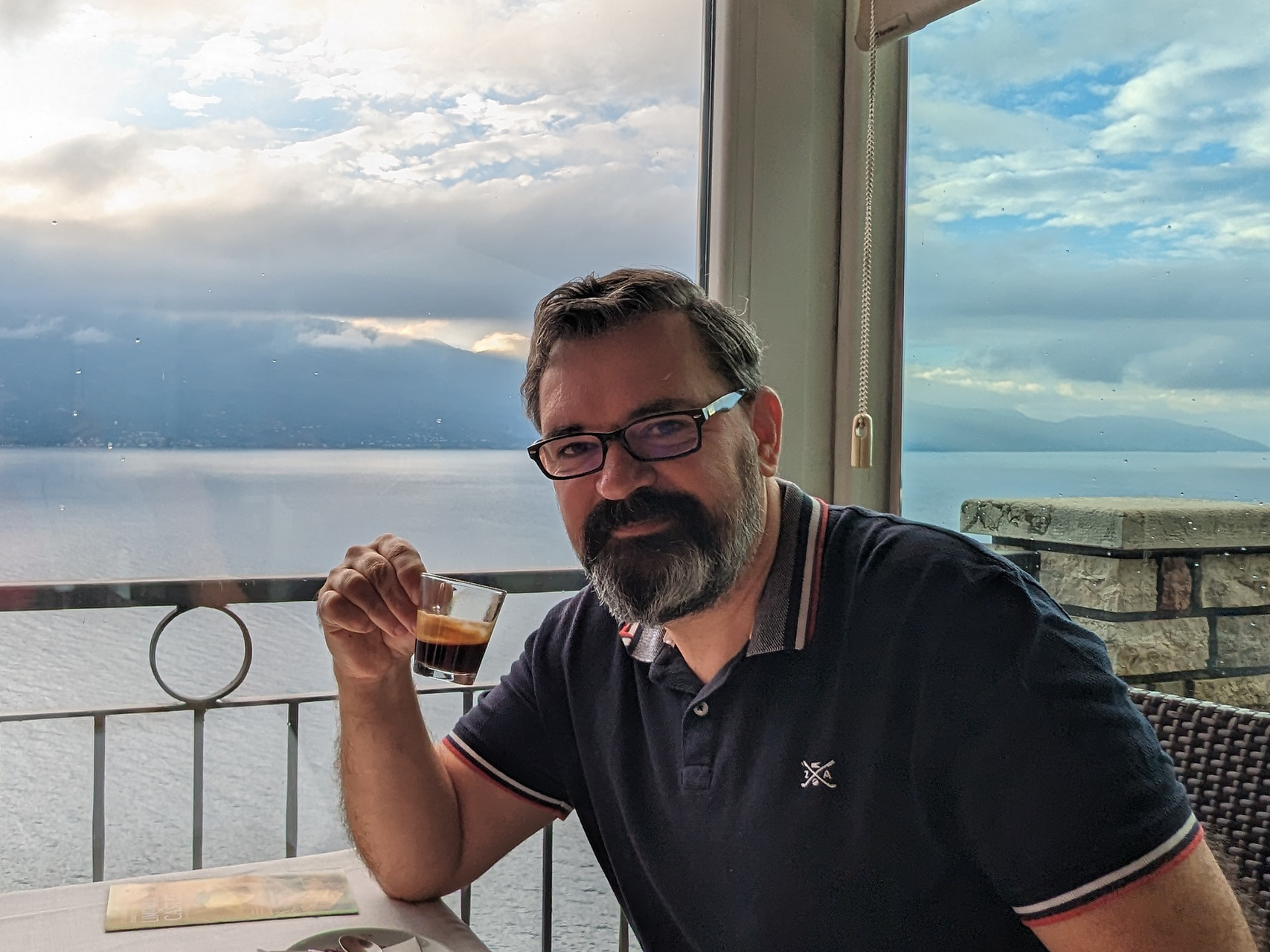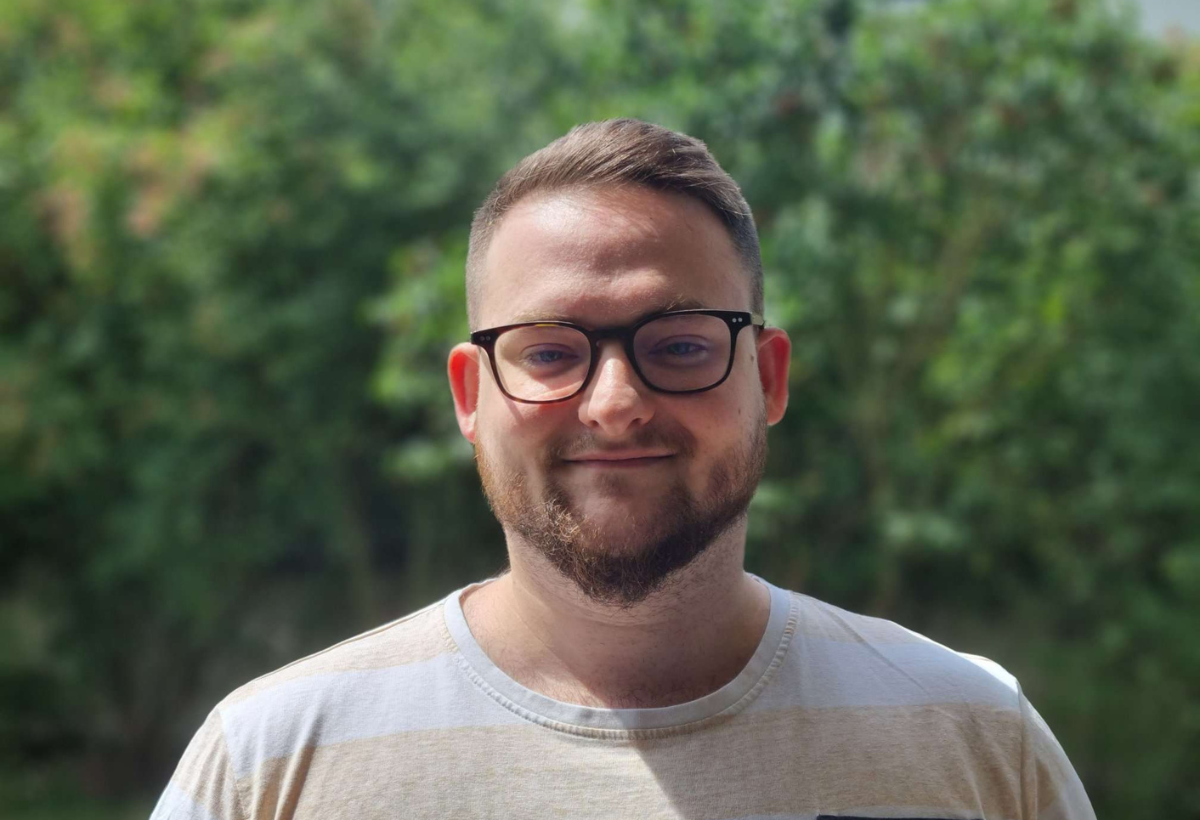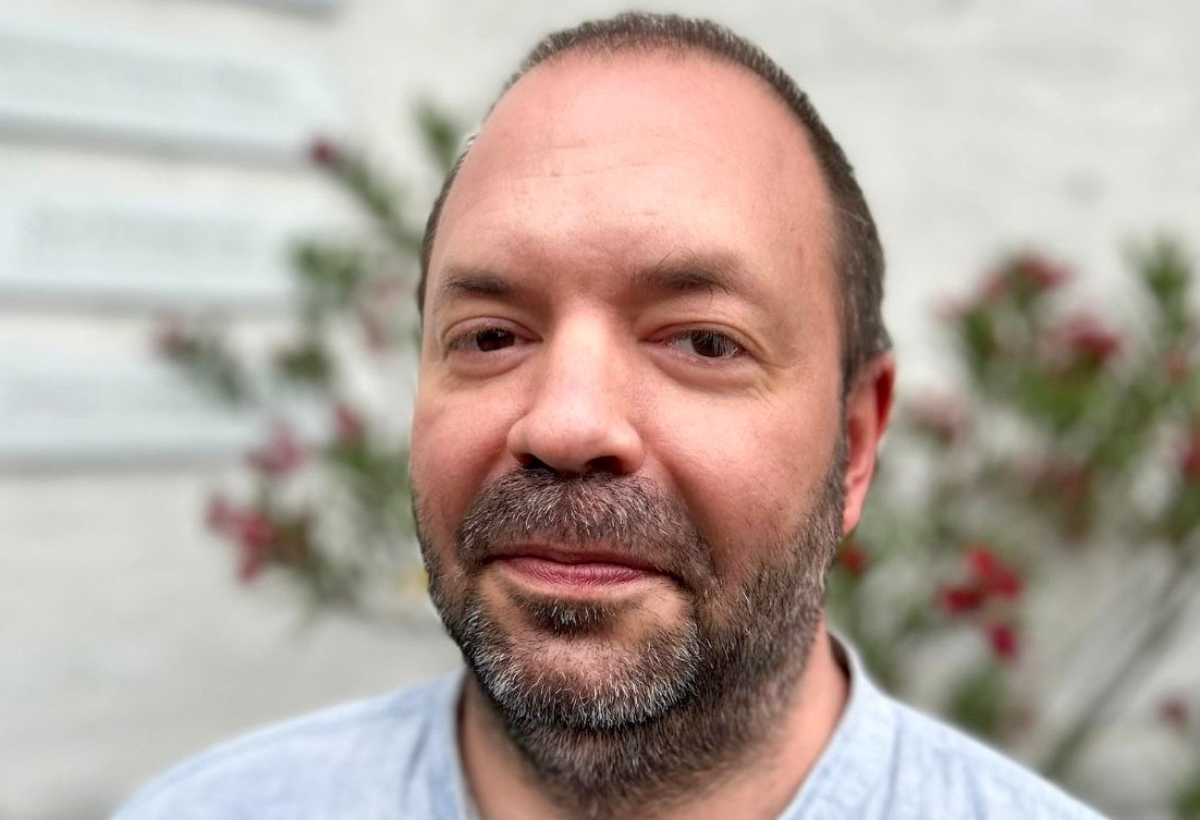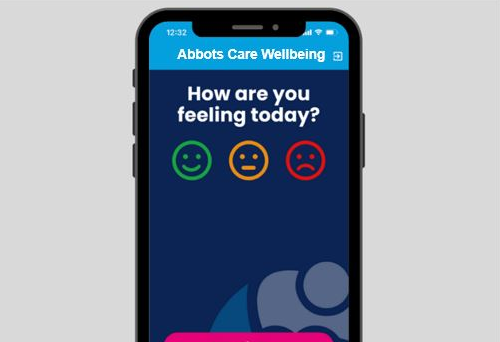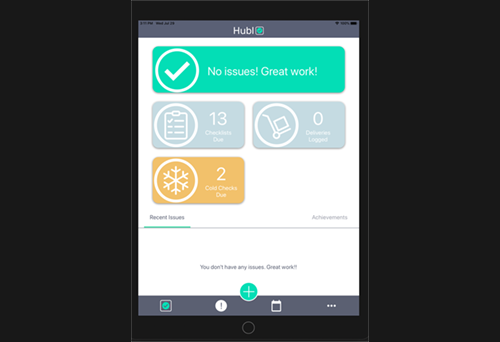Sep 8, 2023
Colleague Chronicles: Levente Soóky, Full Stack Developer
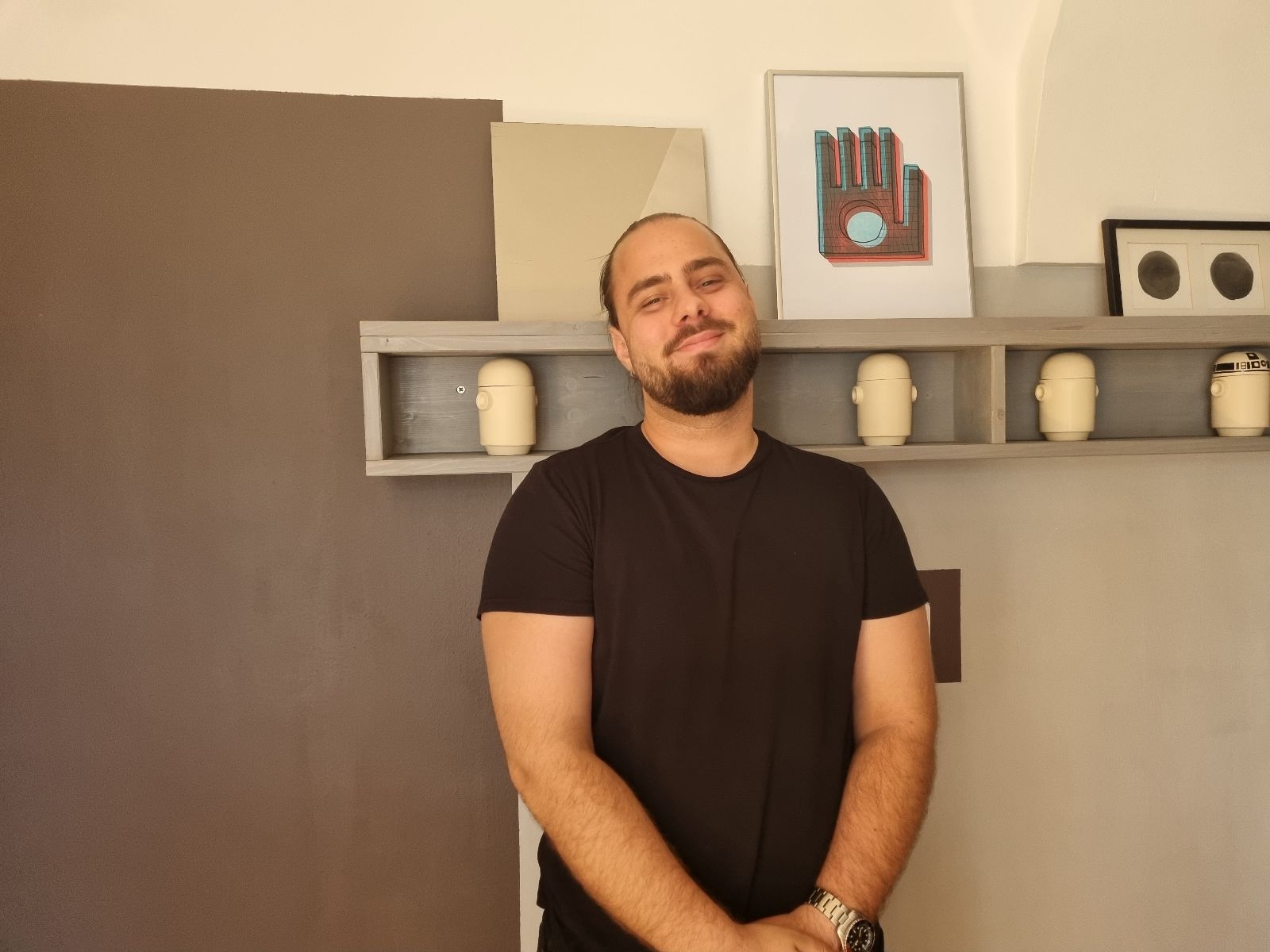
Since when have you been working at the company, in what role, on what project? Can you tell me a bit about it?
I've been working at the company since January 10, 2022. Initially, I started as an intern, and I transitioned to a full-time position at the end of June. I work on a contract and document management project for a global music company. In the one and a half years I've been here, I spent half a year on the old project and one year on the new one. I work as a full-stack developer on the project.
What do you do on the project?
It is an internal document management application where the users manage various types of documents, such as contracts related to music, different albums, podcasts, and other similar documents. This application is used exclusively by employees and is not public.
What does it mean to be a full-stack developer?
The term "full-stack developer" can be interpreted in various ways, but in general, it means that a person works on both the client-side, which involves web applications running in a browser, and on the backend, which is a microservices architecture in our case. In a broader sense, it means being capable of handling tasks in any part of a project. In our team, this is how we mostly operate, with some exceptions.
In your opinion, what does it take to be a good full-stack developer?
A lot of self-critique is required. You need to be genuinely interested in both aspects of this field or even more in the entire development process. You should also love what you do because being passionate about it makes you more willing to delve into the details.
What technologies do you use on the project?
Our backend is currently based on a microservices architecture running on Java 11, but we are in the process of migrating to Java 17 and Spring Boot 3. The technologies used within this architecture include PostgreSQL, MongoDB and Elasticsearch. Our microservices run in a Kubernetes cluster on AWS. On the frontend, we use Angular 12, which is in the process of being upgraded to version 16. We aim to keep the project up to date with the latest technologies whenever there is time and opportunity to do so to prevent it from becoming obsolete.
Is upgrading the project extra work?
Yes, but by constantly upgrading it, we protect ourselves from more significant problems and additional work in the future. So, it is necessary and beneficial to upgrade.
What have you learned or worked on recently that you found new and interesting?
Lately, a significant portion of my working hours has been devoted to integrating the old and new systems, which requires unique and specific solutions. It's definitely challenging. Additionally, I've had the opportunity to delve deeper into Elasticsearch, which I find to be a very interesting and powerful technology.
What has been the biggest challenge you've faced so far?
The integration process is undoubtedly the biggest challenge. Connecting an older application with an entirely new and trendy one, given the surface-level connections, shared database access, direct calls, message queuing communication between them, is a complex process.
Why do you enjoy working here?
I feel that hard work and dedication are appreciated. This has been my experience so far and I believe this won't change in the future. There are many experienced developers in the company, from whom I can learn a lot. A significant advantage is that I get to experience both a close-knit community and also an international one through the project.
Most popular
-
Jun 14, 2016
P92 Sponsored IMA Drinks Reception at PayExpo
-
Dec 10, 2015
P92 Attended IMA Europe December Meeting in Bruges
Latest blogs
-
Feb 1, 2024
Colleague Chronicles: Zoltán Seres, Project Lead
-
Nov 24, 2023
Colleague Chronicles: Anna Uhrinyi, Manager Assistant
-
Oct 19, 2023
Colleague Chronicles: Gábor Tóth, Team Lead
-
Sep 8, 2023
Colleague Chronicles: Levente Soóky, Full Stack Developer
-
Aug 2, 2023
Colleague Chronicles: Richárd Rőfi, DevOps intern
-
Jun 30, 2023
Colleague Chronicles: Lajos Marton, Team Lead
-
Jun 1, 2023
Toll Management System
-
Jun 8, 2021
Staff Wellbeing App for an award-winning UK based Quality Home Care & Support Services Provider
-
Oct 15, 2020
Business Gifting Web App for Motivates Inc
-
Oct 15, 2020
Food Safety Workplace Tablet App



